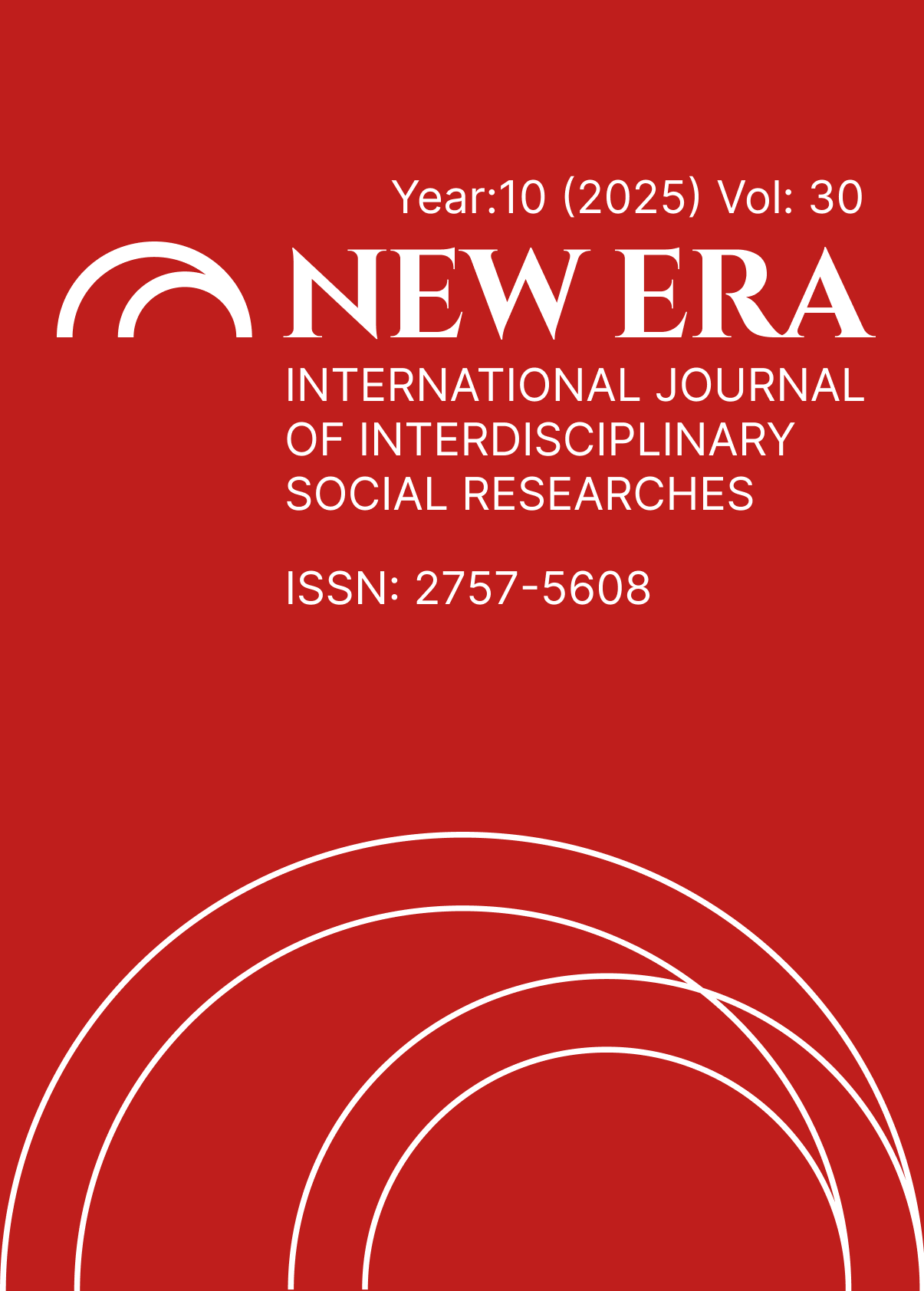BEYOND THE IRON LADY: THATCHERISM, BRITISH CINEMA, AND THE RE-SHAPING OF WORKING-CLASS MASCULINITY IN THE FULL MONTY
DOI:
https://doi.org/10.5281/zenodo.17392048%20Keywords:
Keywords: The Full Monty, working-class masculinity, Connell, ThatcherismAbstract
This study examines The Full Monty (1997) within the socio-political aftermath of Thatcherism, concentrating on the shifting representations of working-class masculinity in 1990s British cinema. As Margaret Thatcher's neoliberal policies dismantled the industrial economy, they also destabilised the breadwinner role and traditional gender hierarchies that had long sustained working-class male identity. In the light of R.W. Connell’s theory of hegemonic masculinity, the study explores how economic decline, unemployment, and deindustrialisation reconfigured masculine subjectivities. Special attention is given to the symbolic function of key spaces such as the steel factory, job centre, and working men’s club, as sites where masculinities are both contested and redefined. Ultimately, the film is interpreted as a cultural response to the crisis of working-class masculinity in a post-industrial Britain, presenting alternative forms of male agency through performance, vulnerability, and collective reinvention.
References
Bromley, Roger. The Theme That Dare Not Speak Its Name: Class and Recent British Film. Cultural Studies and The Working Class. Cassell, 51-68, 2000.
Cattaneo, Peter. (Director). The Full Monty (Movie). 2005.
Connell, R. W. Masculinities. University of California Press, 1995.
Connell, R. W. The Men and The Boys. Polity Press, 2000.
Friedman, Lester D. Fires Were Started: British Cinema and Thatcherism. Wallflower Press, 2006.
Gamble, Andrew. The Thatcher Decade in Perspective. Developments in British Politics 3. Palgrave, 1990.
Godfrey, Sarah. Masculinity in British Cinema, 1990–2010. Edinburgh University Press, 2022.
Hallam, Julia. Film, Class and National Identity: Re-Imagining Communities in the Age of Devolution. British Cinema Past and Present. Routledge, 261-273, 2000.
Hill, John. From the New Wave to Brit-Grit. Continuity and Difference in Working Class Realism. British Cinema: Past and Present. Routledge, 249-60, 2000.
Hill, John. British Cinema in the 1980s. Oxford University Press, 1999.
Howard, Greg. Exhibitionism and Repression in "The Full Monty". Film Criticism, Vol. 24, No. 1, 22-38, 1999.
Kimmel, Michael S. Invisible Masculinity. Social Science and Modern Society, 30, 28-35, 1993.
Luckett, Moya. Image and Nation in 1990s British Cinema. British Cinema of the 90s. Palgrave Macmillan, 88-99, 2000.
Monk, Clare. Men in the 90s. British Cinema of the 90s. Palgrave Macmillan, 156-66, 2000.
Murphy, Robert. Citylife: Urban Fairy-tales in Late 90s British Cinema. The British Cinema Book. British Film Institute Publishing, 292-300, 2003.
Quart, Leonard. The Religion of the Market: Thatcherite Politics and the British Film of the 1980s. Fires Were Started: British Cinema and Thatcherism. Wallflower Press, 15-34, 2006.
Plummer, Ken. Male Sexualities. Handbook of Studies on Men and Masculinities. SAGE Publications, 178-195, 2005.
Seino, Takako. Realism and Representations of the Working Class in Contemporary British Cinema. De Montfort University. PhD Dissertation. 2010.
Shafer, Stephen C. An Overview of the Working Classes in British Feature Film from the 1960s to the 1980s: From Class Consciousness to Marginalization. International Labor and Working-Class History, No. 59, 3–14, 2001.
Shi, Tongyun. Working Class in British Films 1950s-2000s: Identity, Culture, and Ideology. University of Louisville. PhD Dissertation, 2011.
Smith, Susan J. Beyond Geography’s Visible Worlds: A Cultural Politics of Music. Progress in Human Geography, 21: 4, 502-529, 1997.
Downloads
Published
How to Cite
Issue
Section
License
Copyright (c) 2025 NEW ERA INTERNATIONAL JOURNAL OF INTERDISCIPLINARY SOCIAL RESEARCHES

This work is licensed under a Creative Commons Attribution-NonCommercial 4.0 International License.


